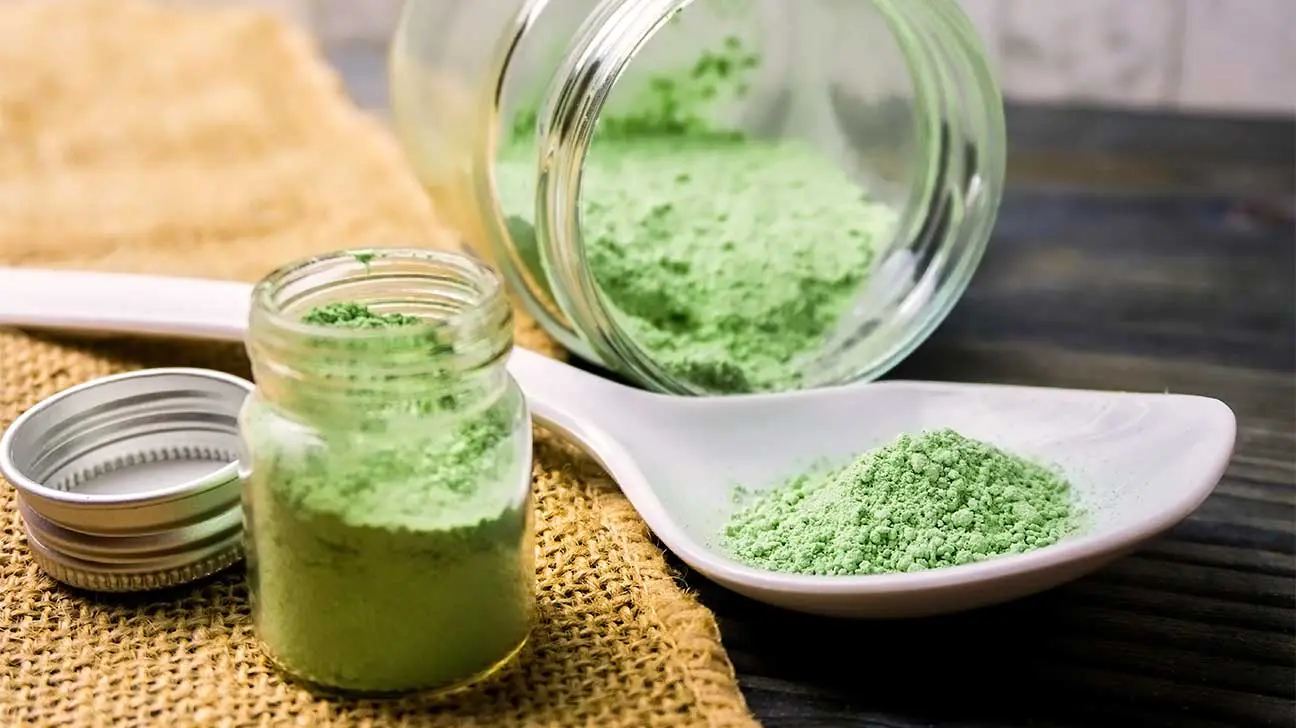
Kratom is a natural extract that comes from the Mitragyna Speciosa, which is closely related to coffee. Kratom is made from a tropical evergreen tree native to Malaysia, Thailand, and most of Southeast Asia. Kratom is created by drying and grinding the leaves into a powder. These powders are used to make tea, but kratom may also be ingested in pill capsules.
Kratom has been used as a homeopathic treatment and self-directed therapeutic to provide both dose and strain-dependent effects. Generally, kratom will produce effects ranging from euphoria to calmness or high energy. It is considered by the FDA to be similar to an opioid with a high potential for abuse.
Why Would A Person Snort Kratom?
Like other natural drugs or therapeutics, the strength and effect of kratom can vary by strain, origin, and quality. The diverse effects of the active alkaloids on the central nervous system are equal to an opiate effect, according to the FDA. As such, many people choose to ingest kratom powder to treat withdrawals from strong opioids like fentanyl and oxycodone.
A person looking to get a stronger effect from kratom might choose to snort the powdered kratom leaves. This is largely considered a bad method of drug use since it is typically taken orally in pill form, as a tea, as kratom extracts, or mixed into liquids.
Snorting kratom in small or large amounts is not advisable. It has been compared to snorting caffeine in terms of its value as a delivery mechanism. The downsides to kratom snorting include very serious physical effects.
Side Effects Of Kratom Insufflation
It is widely held that snorting kratom powder or mitragynine extract is a bad idea. In addition to physical and psychological dependence that can result, kratom insufflation can result in painful physical effects. The sensitive mucous membranes can be easily irritated by the cellulose in plant fiber from ground-up leaves.
These effects include:
- upper respiratory system damage
- nosebleeds
- damage to the nose and throat
- lung infections
- pulmonary embolism
- blood clots in the lungs
Using kratom in excess or continually may produce unwanted side effects that affect a person both physically and psychologically, and may vary in intensity depending on the method of ingestion.
Whereas snorting kratom impacts the nose, respiratory system, and lungs, using kratom may cause and amplify the following effects:
- anxiety
- insomnia
- aggressiveness
- seizures
- hallucinations
- upset stomach
- itching
- constipation
- vomiting
- tremors
Beyond the immediate physical impact of snorting the substance, it carries numerous adverse effects that can extend into the long-term.
Long-Term Dangers Of Snorting Kratom
A person that uses or abuses kratom excessively through any means may experience dry mouth, anorexia, liver problems, and chronic constipation. When too much of the substance is used at once, or when a person has not yet processed the drug, an overdose is possible.
Kratom Overdose Dangers
People that abuse kratom as an alternative for chronic pain medication or who have developed physical dependence may experience overdose symptoms. Some people that use kratom with other substances have been known to have more severe symptoms. Overdose deaths have been reported that can be linked to kratom overdose.
Signs of a kratom-induced overdose include:
- trouble breathing
- tremors
- extreme fatigue
- hallucinations
Kratom Addiction And Withdrawal
In the long-term, people that use Kratom in excess or rely on it to function may develop physical dependence, which is where the body reacts negatively when the substance is not present in the system.
Psychological addiction may manifest through intense cravings and irritability if a substance is not available. Taking consistently higher doses of kratom at regular intervals may contribute to addiction and withdrawal symptoms.
Addiction and withdrawals involving kratom may produce symptoms including:
- intense cravings
- insomnia
- intense sweating
- muscle and joint pain
- diarrhea
- vomiting and stomach problems
- high blood pressure
Getting Help For Kratom Abuse
If you or a loved one relies on unregulated herbal drugs like kratom to manage symptoms of anxiety or opioid withdrawal symptoms, it can create other dangerous scenarios. Addiction, overdose, and physical damage can occur through regular ingestion and by unsafe methods like snorting the drug.
Substance abuse involving kratom can be treated through inpatient or outpatient therapy. Call our treatment specialists to learn more about your addiction treatment options.
Opioid substitutes can be dangerous for your health. For supervised opioid detox, look to inpatient treatment instead of self-management with a recorded history of harm. Get in touch today and start your path towards stable, sober living.
Addiction Resource aims to provide only the most current, accurate information in regards to addiction and addiction treatment, which means we only reference the most credible sources available.
These include peer-reviewed journals, government entities and academic institutions, and leaders in addiction healthcare and advocacy. Learn more about how we safeguard our content by viewing our editorial policy.
- National Center for Biotechnology Information — The abuse potential of kratom according to the 8 factors of the controlled substances act: implications for regulation and research
https://www.ncbi.nlm.nih.gov/pmc/articles/PMC5813050/ - Medscape – Is Concern Around Kratom 'Drug Hysteria'?
https://www.medscape.com/viewarticle/893709


